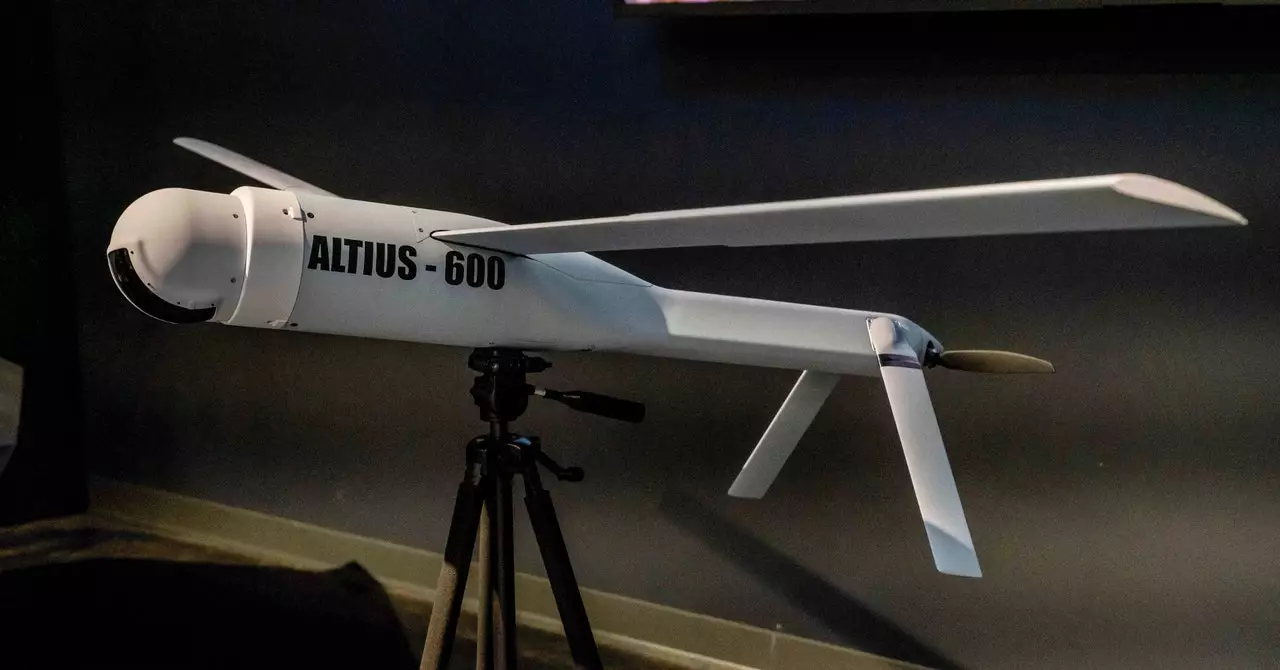The artificial intelligence (AI) domain is witnessing significant shifts as major tech corporations such as OpenAI forge partnerships with defense entities like Anduril Industries. This collaboration underscores a profound intent to intertwine advanced technology with national defense, echoing trends seen throughout Silicon Valley where technological titans are redefining their roles and relationships with military operations. As AI continues to develop and proliferate, its implications for warfare and defense operations are becoming increasingly evident.
OpenAI, renowned for its groundbreaking AI models such as ChatGPT, has announced a strategic collaboration with Anduril, a company specializing in defense technologies such as drones and missiles. This partnership marks a pivotal moment in the relationship between AI and military capabilities. By integrating AI with defense systems, the two companies aim to enhance decision-making processes under the duress of combat situations. This integration is not merely about automating existing processes but represents a strategic evolution in how military assets are interpreted and utilized.
The statement by OpenAI’s CEO, Sam Altman, clearly reflects a commitment to ensuring that AI serves the public good, aligning with democratic ideals while satisfying military needs. In a rapidly changing world, where technological supremacy can dictate the outcome of conflicts, such partnerships suggest a foundational shift in prioritizing military applications of AI technologies while attempting to adhere to ethical considerations.
Brian Schimpf, Anduril’s cofounder and CEO, emphasizes that AI will enable military personnel to process airborne threats faster and with increased accuracy. This capability is crucial given the high-stakes nature of modern military engagements, where timely information can save lives. A source with insights into OpenAI’s technology sheds light on how it could enable military operators to evaluate risks and manage threats while minimizing exposure to danger.
However, the prospect of integrating AI into defense applications must be faced with caution. Reliance on AI to make crucial decisions carries inherent risks, particularly as the technology is still maturing and may exhibit unpredictable behavior. This underscores a larger issue within the defense sector: the balance between leveraging cutting-edge technology and maintaining human oversight to mitigate potential failures.
Once averse to military collaborations, Silicon Valley’s perspective has undergone a notable transformation. The protests surrounding Google’s association with Project Maven in 2018 showcased widespread skepticism among tech professionals regarding the military’s purposes. Yet, as national security concerns intensify globally, there emerges a palpable shift in the attitudes of tech firms willing to explore partnerships within the defense sector.
This trend raises essential questions about ethical practices in AI development. OpenAI’s earlier reluctance to engage in military applications speaks to a broader ethical discourse—balancing technological advancements with societal implications. The firm’s policy adjustment suggests an ongoing negotiation between idealism and realism, as they confront the potentialities and responsibilities inherent in their technology.
The partnership between OpenAI and Anduril highlights a future where the line between civilian and military technology becomes increasingly blurred. As these entities collaborate to create advanced defense solutions, the trajectory of AI’s application within military frameworks will likely set precedents for various industries. The capability of AI to process vast amounts of data and support rapid decision-making processes could indeed revolutionize the arena of modern warfare.
Nonetheless, as society embraces these innovations, it must remain vigilant about the implications that come with expanding AI’s role in decision-making. The dialogue around ethical AI must evolve alongside technological advancements to ensure that such power does not only serve military needs but adheres to guiding principles that prioritize humanity’s overall welfare.
OpenAI’s partnership with Anduril symbolizes not just a technology-driven approach to modernizing defense capabilities but also reflects the evolving landscape of AI’s deployment across various sectors. The intersection of AI and military technology presents tremendous opportunities and challenges that will shape both the future of warfare and ethical discourse surrounding such advancements.

